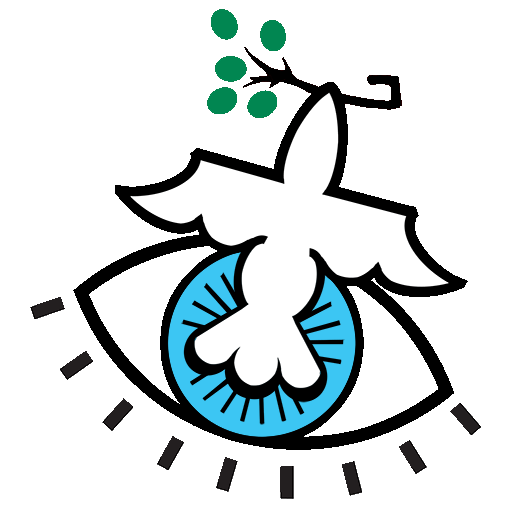When I came to Chicago in summer of 1966 to enter a PhD program at the University of Chicago in the Divinity School, Chicago embraced me as a long lost son come home at last.
When I came to Chicago in summer of 1966 to enter a PhD program at the University of Chicago in the Divinity School, Chicago embraced me as a long lost son come home at last.One of my first mentors in this hearty embrace was Eric Kast ( died Nov. 24, 1988 ), medical physician and psychiatrist, who enlisted me in his work providing quality, totally free medical care to the poor on Chicago’s South and West Sides. As Eric drove me and my friend and med-student David Moore ( who became one of the first medical practitioners to serve people with HIV/AIDS ) to the Spurgeon “Jake” Winters Free Peoples Clinic at 16th and Springfield, he would always engage us in philosophical discourse.
Leadership was one of Eric’s favorite topics of investigation. He strongly believed that we humans need leaders: we need someone who embodies our hopes; we need someone we can trust; we need someone who can show us what actions are necessary to make things better in the communities in which we live and work.
On Dec, 5 2013 when Nelson Rolihlahla Mandela died, the enormous, spontaneous outpouring of love and respect for Madiba ( his tribal name ) from all parts of the world, from all types of peoples and governments, from all divisions of society and nations, gave me pause to consider that Mandela was just the kind of leader Eric Kast had in mind.
Mandela: Lessons in LeadershipWhen Mandela was still a young boy ( around the age of 10 ), his father died. His mother moved Mandela into the household of their relative Chief Jongintaba Dalindyebo the reigning king of the Thembu peoples. The chief and his wife were Christians who believed strongly in education. They sent Mandela to the Methodist mission school where he learned to read and write, and acquired a life-long passion for historical studies, especially of Africa.
As a ‘royal’ in the Thembu court, Mandela observed the dynamics of tribal politics. He learned from his ‘uncle’ the king how to be a leader. He learned: 1 ) how ‘to lead from behind,’ a form of Thembu consensus building; 2 ) when to act independently even against the consensus; and 3 ) when to change your mind, even on strongly held, essential policy matters, as Mandela did after he was elected president on the issue of nationalizing the mining industries.
Perhaps the most important leadership quality Mandela learned from his uncle the Thembu king was respect: to respect his own dignity and the dignity of each person he dealt with. Everyone who met Mandela spoke of this bedrock self-respect that rooted him in all circumstances, conditions and situations, no matter how different or difficult.
The leader has only one goal: the welfare of his people. Mandela led his people from bondage to liberty, from liberty to nationhood, from nationhood to statecraft.
Why Francis?
On March 13, 2013, Jorge Mario Bergoglio was elected pope of the Catholic Church and bishop of Rome. He took the name Francis, after Francis of Assisi, the first pope to do so. Francis is the first Jesuit to be elected pope and the first pope from the Americas, the New World. A lot of firsts: To signal New Beginnings.
The Catholic Church had tied itself into a massive, yet intricate, Gordian Knot of doctrinaire opinions, legalistic rigidities, monarchial protocols, bureaucratic insanities, and moral morasses. The morale of the people and of the clergy had reached a nadir.
As Alexander the Great had done by cutting the Gordian Knot asunder with his sword, as Francis of Assisi had done by stripping off all his clothes and standing naked before his father to show his commitment to his ‘fair bride lady poverty,’ in one deft move after another pope Francis cut through all the red tape and legalisms and rationalizations of centuries by announcing in word and demonstrating in deed the primacy of the Gospel of Jesus the Christ as the guide for all Catholic thinking and action. Francis the First chose the Gospels over ‘laws,’ persons over institutions, the future over the past. And, the peoples of the world, whether Catholic or religious or not, took notice: they embraced Francis and found in him hope for their own futures.
I have been asked: Why did you choose an old white man to inherit the torch of liberty and hope from Mandela? My answer is simple: I did not choose Francis. The peoples of the world have chosen him. It is true that Francis is untested. It is also true that there are no other candidates in the running. For better or worse, Francis the First embodies our hopes. May he prove worthy of our trust.
__________________________
01 January 2014
WCTimes
Nick Patricca is professor emeritus at Loyola University Chicago, president of Chicago Network and playwright emeritus at Victory Gardens Theater.
